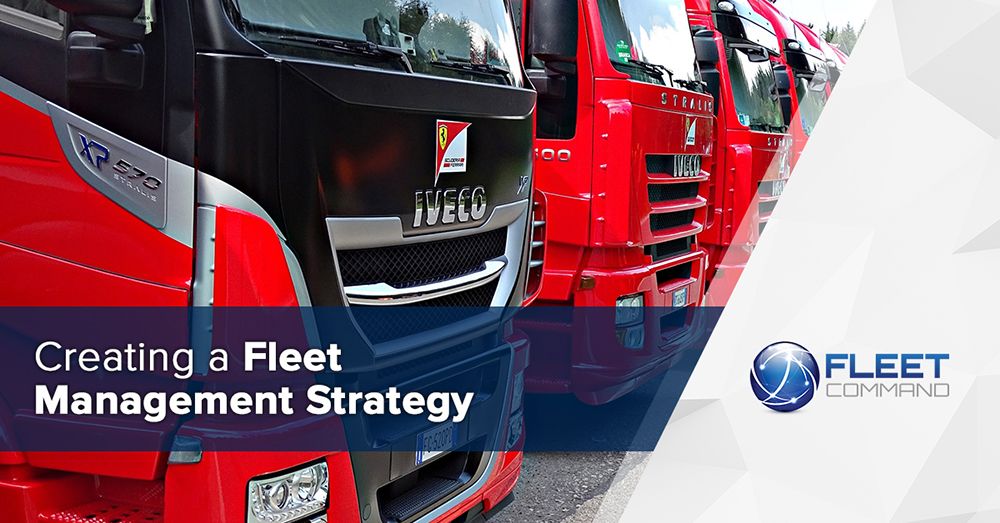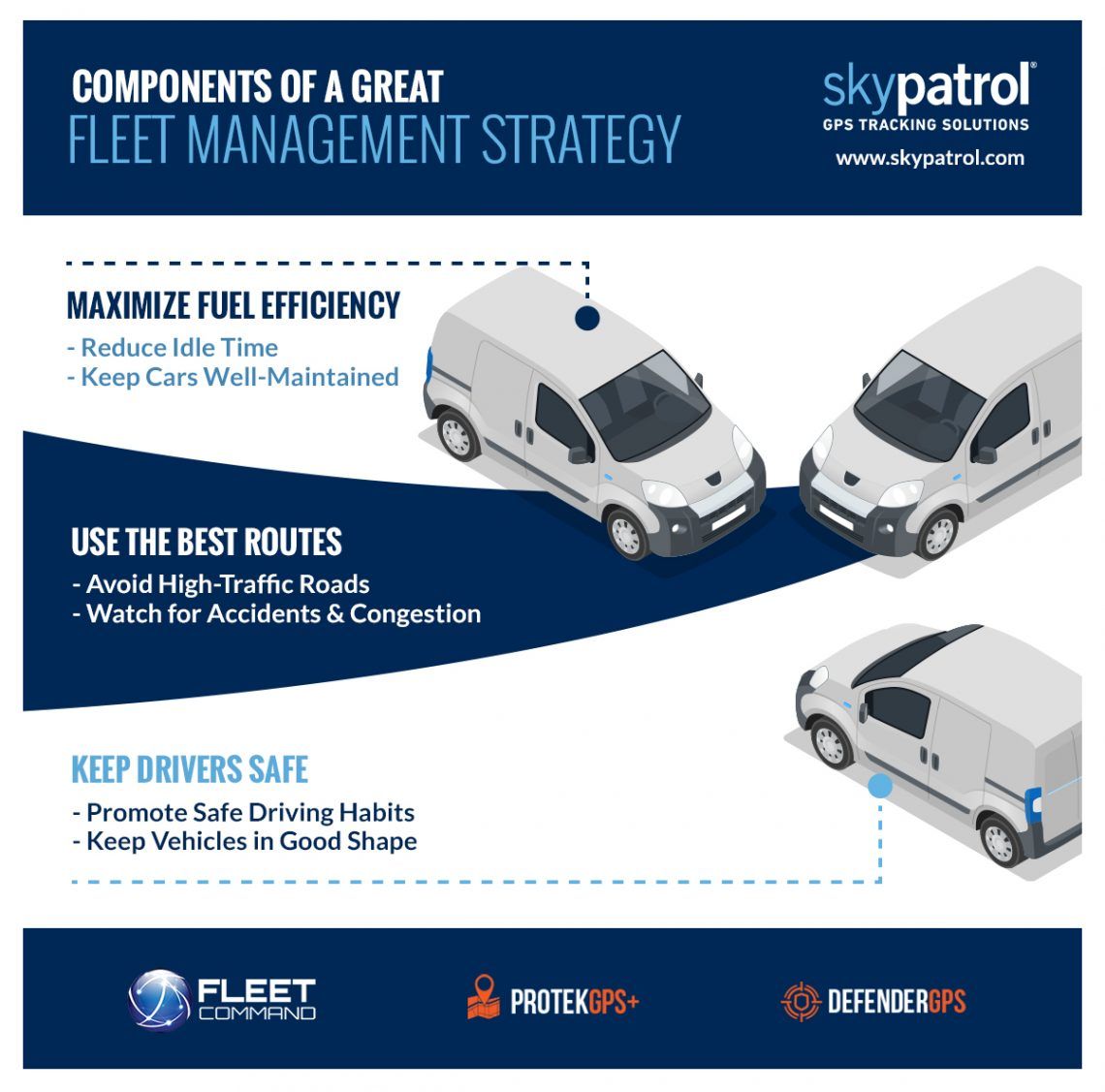The best fleets in the business are the ones that are the most effectively managed—which is why a great fleet manager is worth his weight in gold. But what makes a great fleet manager great? Ultimately, it’s a solid fleet management strategy that drives a fleet business, and helps them find short-term and long-term success.
In this blog, the fleet management software team at Skypatrol will give you tips for creating a solid fleet management strategy. With some hard work and the right plan, you’ll see fleet growth, increased profits, and a happier, more productive team!



